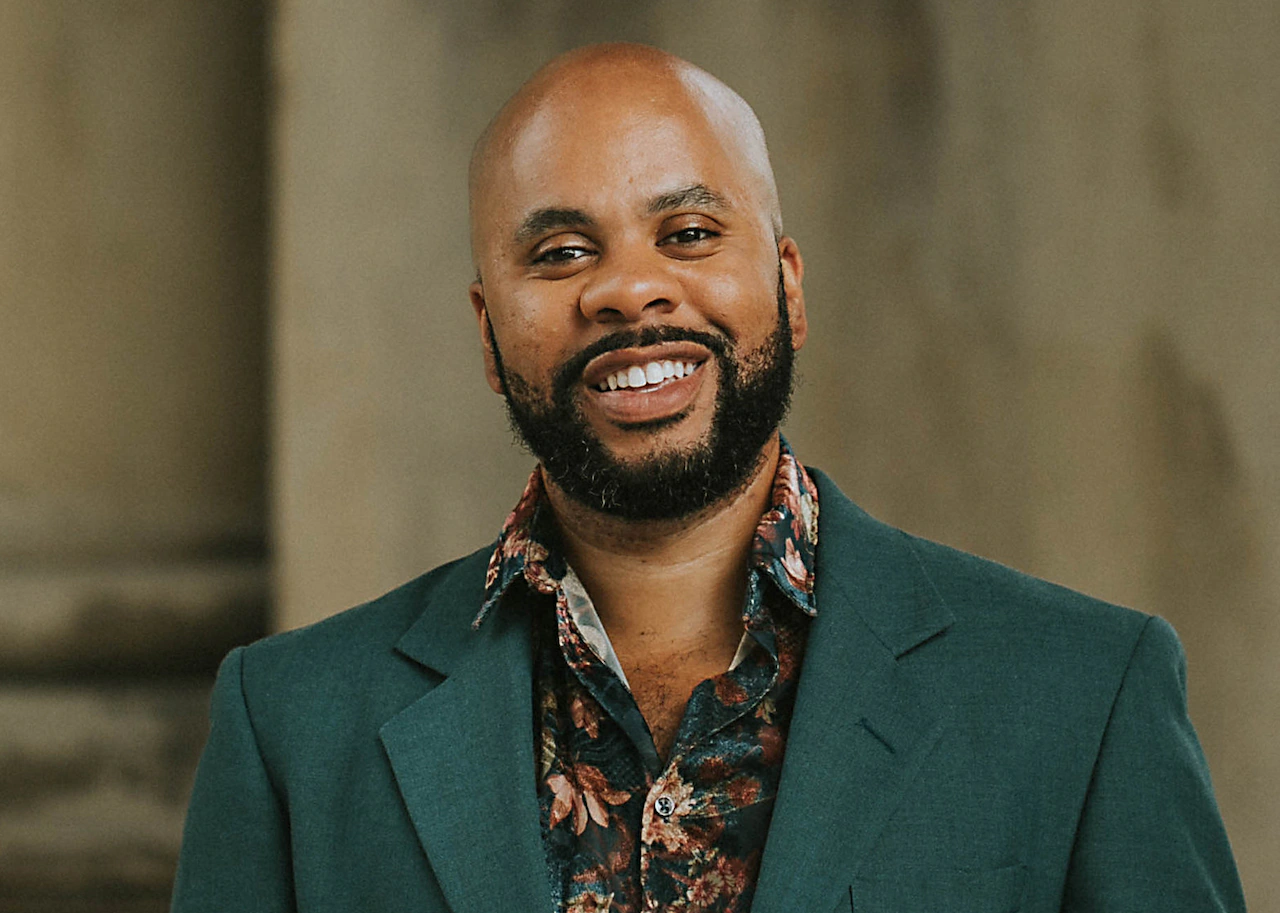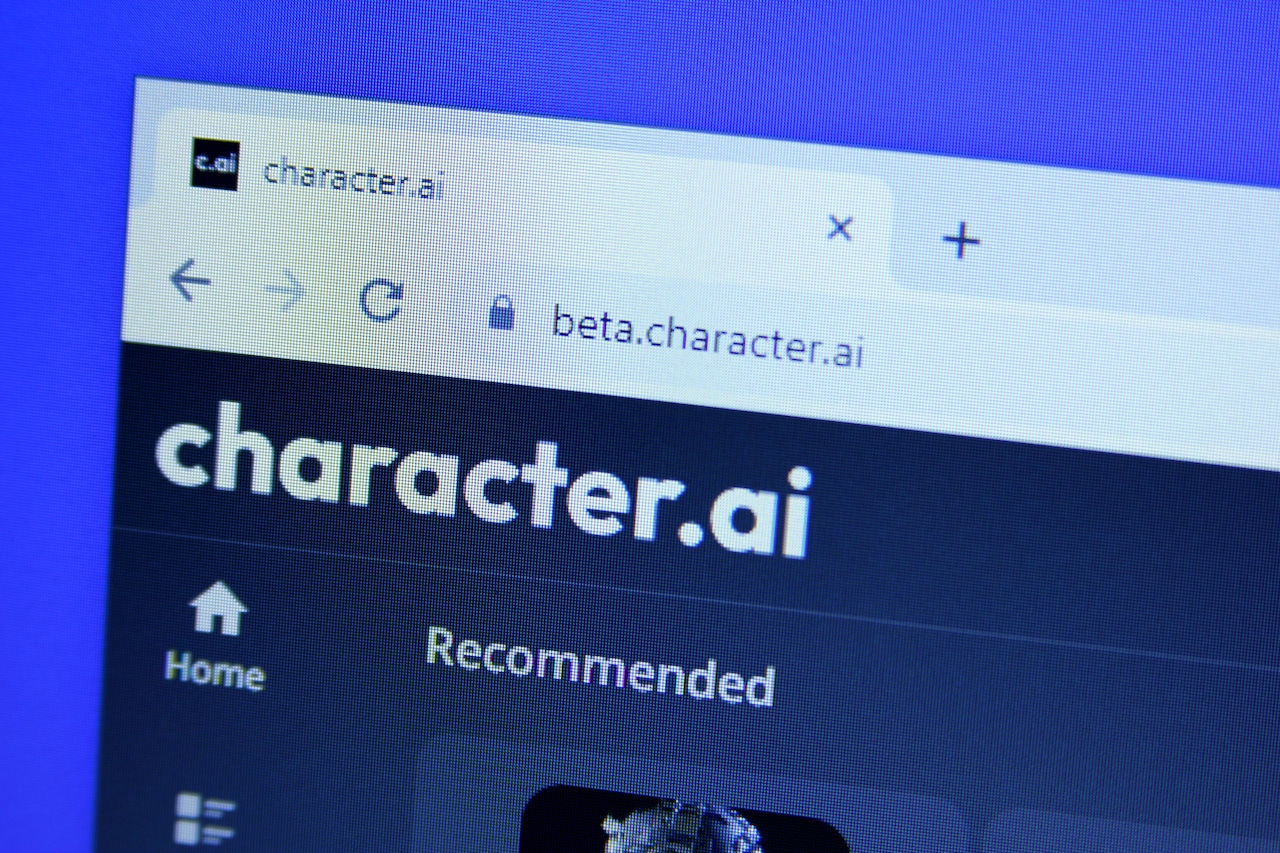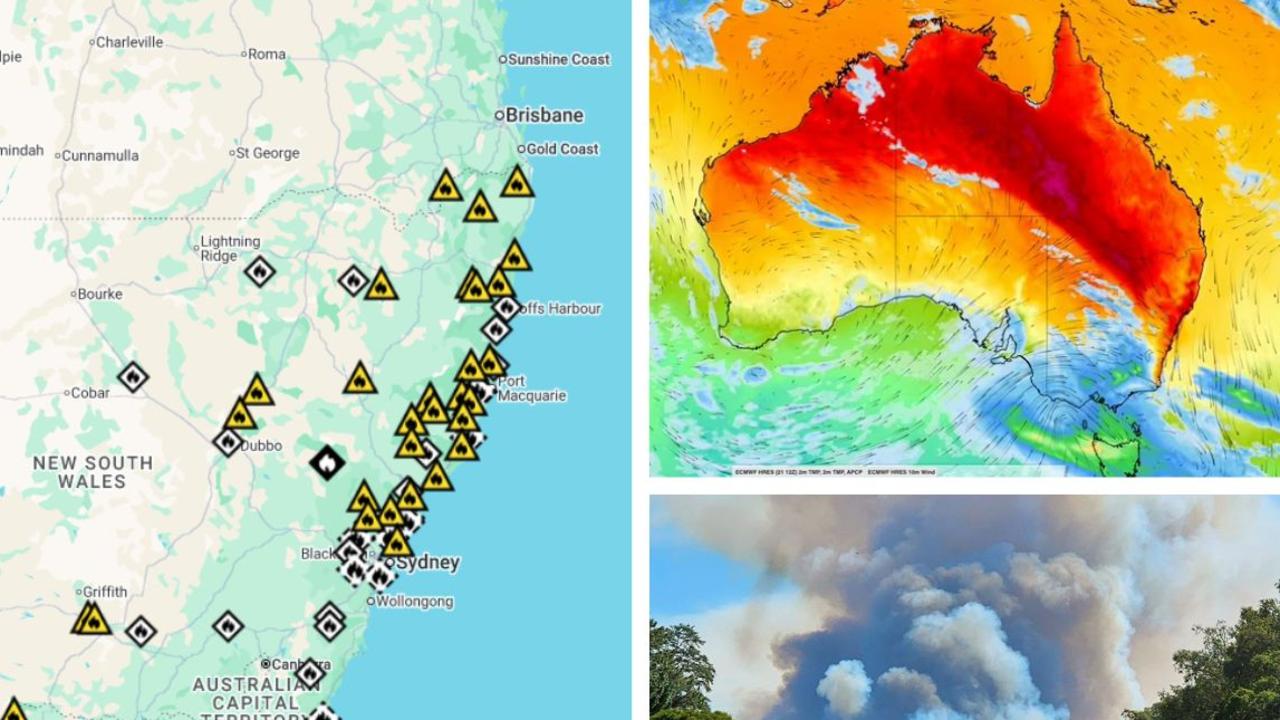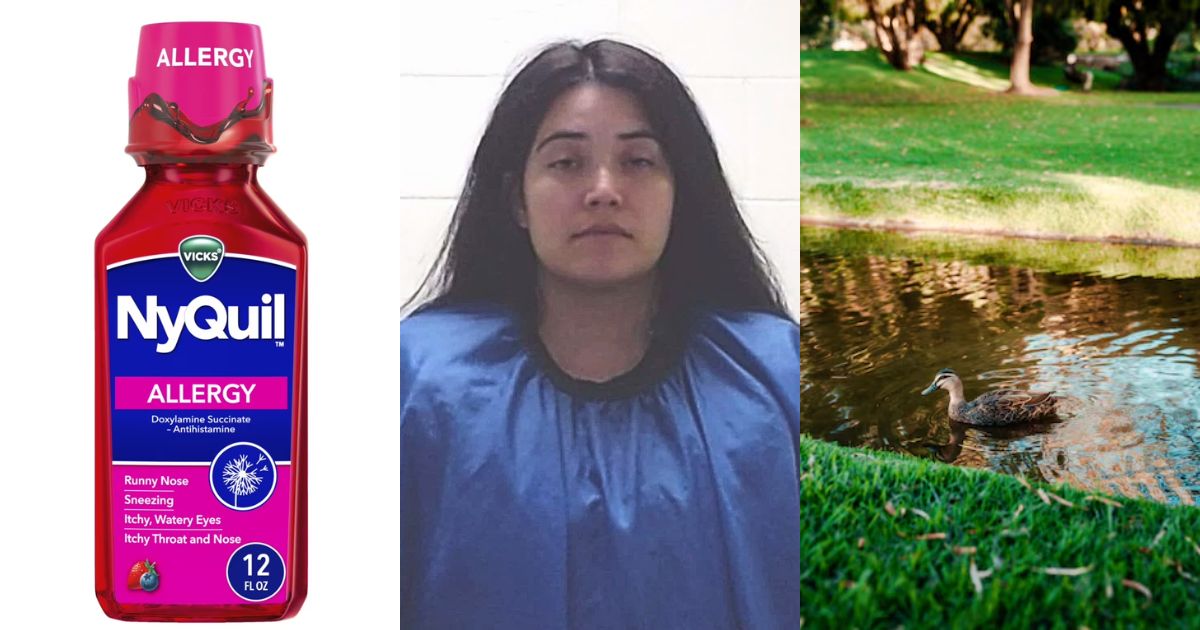Copyright STAT
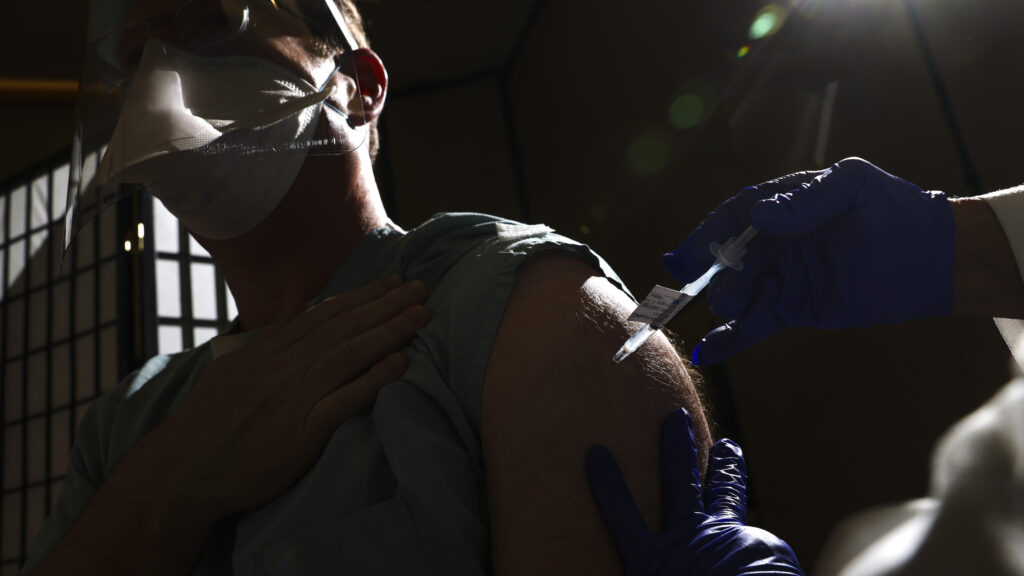
The discussion around health secretary Robert F. Kennedy Jr.’s changes to Covid vaccine recommendations have focused on two things: the exclusion of pregnant women and infants, and the restrictions on anyone under 65 without an underlying condition getting the vaccine. But that conversation overlooks a group essential to public health: health care workers under 65. Advertisement We are infectious disease physicians with nearly a century of expertise between us. We’ve seen it all, from measles to HIV, from common infections to exotic ones unusual in this country, like malaria or leishmaniasis. While we have retired from patient-facing clinical practice, we still have a deep stake in this issue. Currently, based on wastewater testing, the U.S. has up to one million Covid cases per day. Testing is done by gathering sewage and looking for bits of genetic material from germs that indicates ongoing transmission in a community. There is sound evidence that vaccination both reduces transmission of Covid-19 and infection. That’s why the vaccination status of health care workers under 65 has profound implications for millions of Americans. If we don’t protect our healthcare workers, who will care for those stricken with illness? Advertisement And it’s not just the physicians and nurses who must be protected. To keep a hospital or clinic running, we are also dependent on clerks, social workers, food service staff, lab and radiology technicians, custodial staff, and others. As this year’s Covid season approaches, hospitals are at great risk of being overwhelmed and even shutting down temporarily if they cannot safely take care of patients. That is likely to be a particular problem for rural hospitals that are already struggling with Medicaid cuts. Health care workers in the outpatient setting are also at high risk of Covid-19 infection, potentially limiting outpatient health care due to illness among critical staff. Yet the new guidelines don’t authorize Covid-19 vaccines for those under 65 — the new members of the Advisory Committee on Immunization Practices, or ACIP, handpicked by Kennedy were adamantly opposed to doing so. While the cost of the shots will be covered by insurers through 2026, future coverage is uncertain. There is also ongoing confusion over whether healthy people can access the vaccine and a new requirement of counseling from a clinician. This places another burden on short-staffed pharmacists and physicians. Access will also vary by state. All these barriers will reduce vaccination rates. ACIP must endorse vaccination for all health care workers under 65. That would ensure that insurers cover the shots without copays in the future. We also believe that health care facilities should require employees to get Covid vaccinations — as they do flu shots — both to help protect patients and to help insure that we have adequate staffing during higher periods of illness. From Oct. 1, 2024 to Sept. 6, 2025, there were between 13.2-19.4 million Covid-19 illnesses with between 3.2-4.6 million outpatient visits for care. Between 360,000 and 520,000 people were ill enough to require hospitalization, and 42,000-60,000 died. We know that 10%-25% of people who develop Covid go on to have persistent symptoms and complications from long Covid. These symptoms range from debilitating and profound fatigue and post-exertional malaise to blood clots and cardiac abnormalities. In addition to the personal toll, almost 1 in 4 health care workers with long Covid reported that their symptoms significantly affected their work. And vaccination reduces the risk of developing long Covid by approximately 27%. Advertisement Having unvaccinated personnel in a health care setting is incredibly disruptive and dangerous. They pose a significant risk to immunocompromised individuals, like patients with cancer or organ transplants, who make frequent doctor’s visits for treatment and monitoring. This issue is not just theoretical; it is very personal to us. One of us is immunocompromised and has good reason to worry — the death rate from hospital-acquired Covid is about 21%. A number of people have been so worried about catching Covid-19 in their physician’s office or hospital that they have delayed care. One of us is experiencing that concern now, reducing visits to a minimum and opting for telehealth appointments as much as possible. Two years ago, health care was safer in some ways than it is now. Health care workers were vaccinated. Everyone wore masks in clinical settings, many of them N-95 respirators rather than the less protective baggy blue surgical masks currently in vogue. And HEPA units that filter the air were often running in examination rooms. Now, workers and patients alike go unmasked and those HEPA units stand as silently as sentinels in disbelief. We need to go back to the multi-layered approach of infection prevention. Now, not only are there no HEPA air-purifying filters running, and generally no masks, but even we feel uncomfortable asking for those basic protections from infection — and we’re physicians! Imagine how intimidated regular patients must feel. Because hospitals and medical offices are not as safe as they were earlier in the pandemic, and fewer people are taking precautions, making sure that all workers in health care settings are vaccinated has become more critical. And health care workers aren’t the only public-facing workers that need to be protected. The other higher risk groups that need the protection conferred by vaccination are the professions that see dozens, often hundreds of people every day— teachers, market clerks, daycare staff, bus drivers, etc. Advertisement Given the evidence that vaccination does reduce transmission, it would make sense to give health care workers and other public-facing workers free vaccinations and to encourage them to be fully immunized. Prevention is far less expensive than hospitalization. If Kennedy and his committee will not prioritize the health of those who care for us and keep our communities running, then we must. Vaccines save lives — and protecting essential workers protects us all. The failure to do this is a looming disaster.
